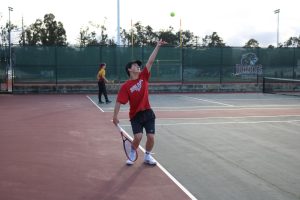Burlingame students return to Outdoor Ed
April 26, 2016
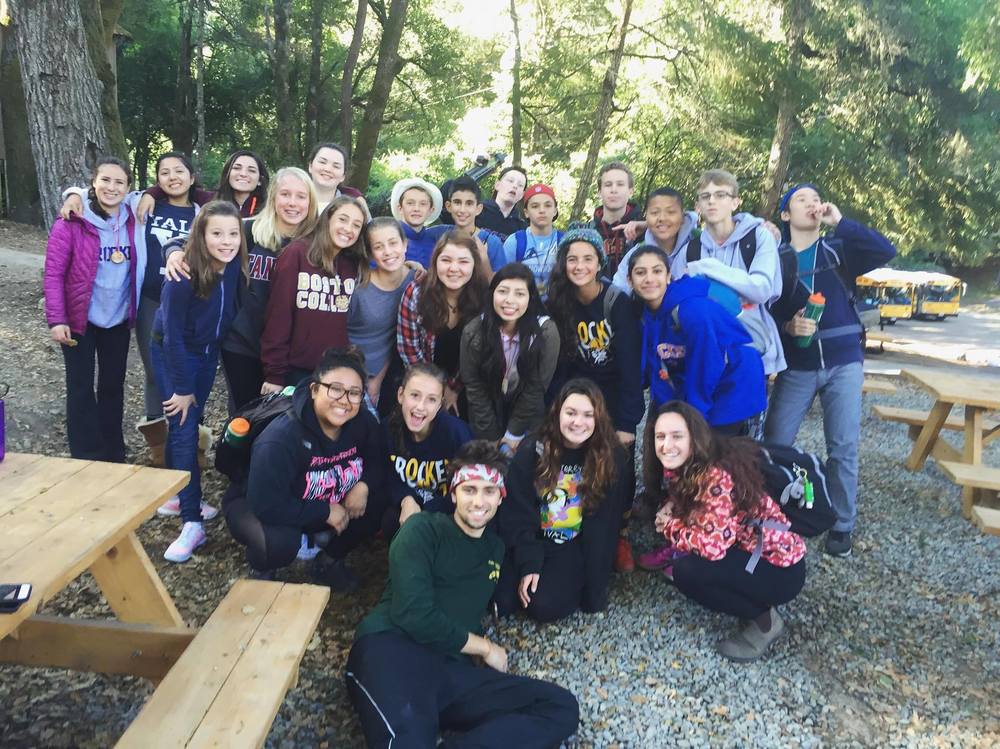
Outdoor Ed is back in season. This month, Roosevelt, Lincoln, McKinley Elementary School fifth-graders are participating in the annual Outdoor Ed trip at Jones Gulch. This environmental education program has fostered San Mateo County students for over 40 years. According to its website, Jones Gulch provides students with “a unique opportunity to engage with the natural world, explore forest and beach ecosystems, and live in a community with their fellow students and environments.” Now it’s time for students who went as elementary schoolers to return as cabin leaders.
Carrie Hermann, the Outdoor Ed coordinator in the Career Center, said, “Generally, we recommend sophomores, because you can ensure your academics are in a good place. The good thing about also being a sophomore, is that hopefully you will be able to come back and do it again, and then you’ll be an experienced cabin leader. That would be the ultimate goal.”
Burlingame Elementary Schools participate in Outdoor Ed both in the fall and spring. Last fall, Franklin, Washington, and Crocker Middle School all traveled to the Santa Cruz Mountains for a remarkable experience. The high school cabin leaders have returned, describing the differences in their two experiences at Jones Gulch
Sophomore Daniella Lyustin, who volunteered as a cabin leader for Crocker in the fall, said, “As a student, everything seemed much greater and scarier, especially the night hike. All the trees looked much bigger at a younger age.”
This surprising transition from a young fifth or sixth grader to an experienced cabin leader in charge of 12-16 kids resulted in a jarring sense of responsibility and leadership.
Sophomore Edie Arteaga said, “Definitely, I would say being a cabin leader was a lot of responsibility whereas as a student you just kind of follow the leaders, and so there’s a giant shift in responsibility.”
For others, Outdoor Ed was an opportunity to meet new people and have fun. Sophomore Edwena Wong said, “I applied for Outdoor Ed because I wanted a chance to experience camping and to be able to help the campers enjoy their time at Outdoor Ed.” These two purposes of volunteering for Outdoor Ed demonstrate not only its educational aspect, but also the importance of having fun in a new environment. However, she realized that “if I took so much time off of school, my grades would drop,” and therefore was forced to drop out before the actual event.
Hermann explained, “participation is fairly minimal because students are pretty dedicated to their studies, and they know that being away from school for an entire week is going to be difficult.”
Wong’s dilemma affects not only one person, but all that decide to volunteer for Outdoor Ed.
Arteaga admits, “[making up homework] was my issue too,” but after she discussed with her teachers the material she would be missing, “my teachers were very understanding and let me make up all the work.”
Despite possible setbacks of makeup academic work, Outdoor Ed was a rewarding experience for all that attended.



![WASC looks for more than the basic California State standards. According to chairperson Mike Woo, “As new rules and new concerns come up through society, [WASC] look[s] is the school doing something about that. Like the biggest trend post-COVID is mental wellness. So is your school doing something to address the mental health of the students? Along with are they still doing the proper academics?”](https://theburlingameb.org/wp-content/uploads/2024/03/IMG_3401-1200x1200.png)
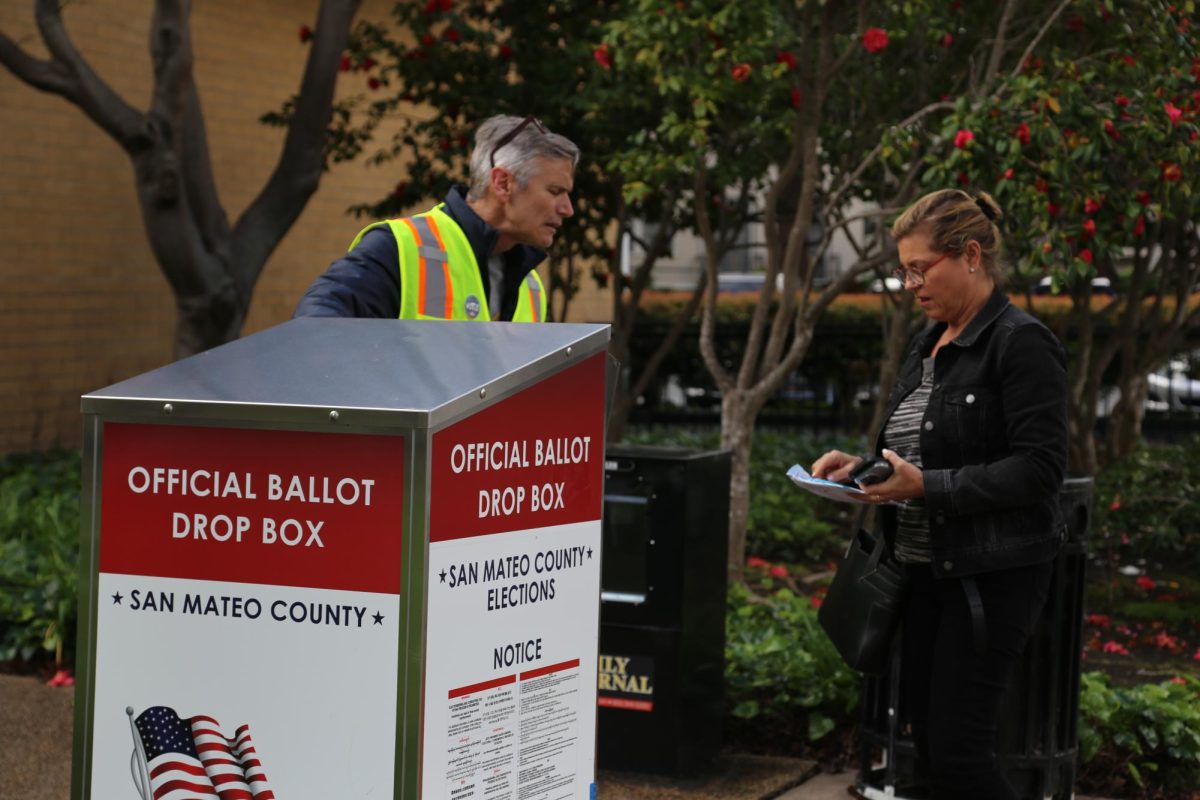




















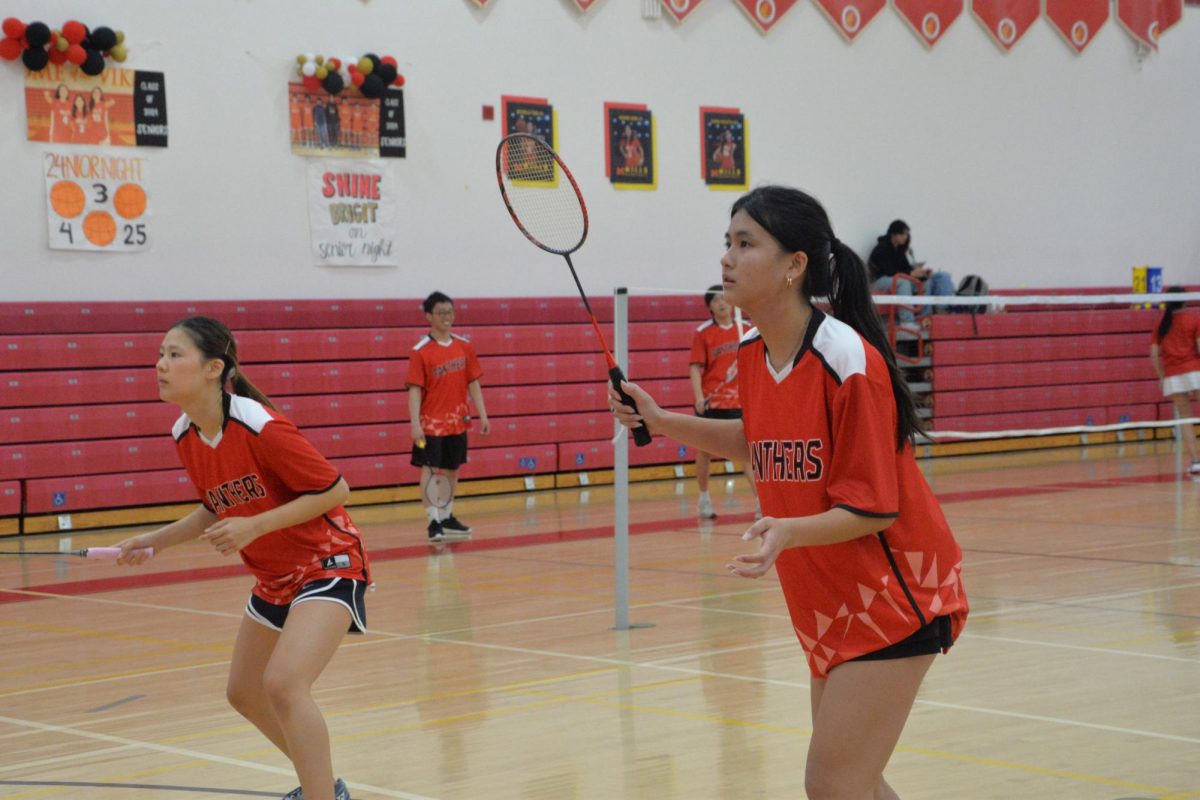
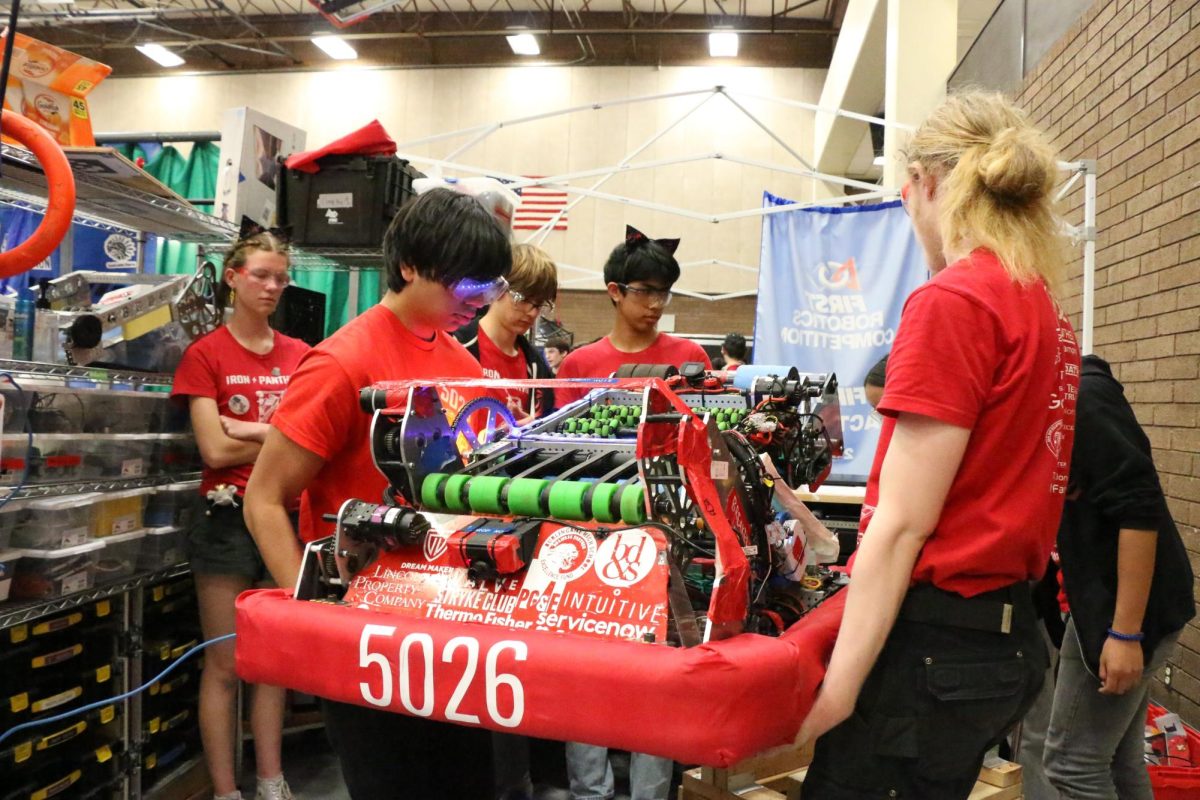
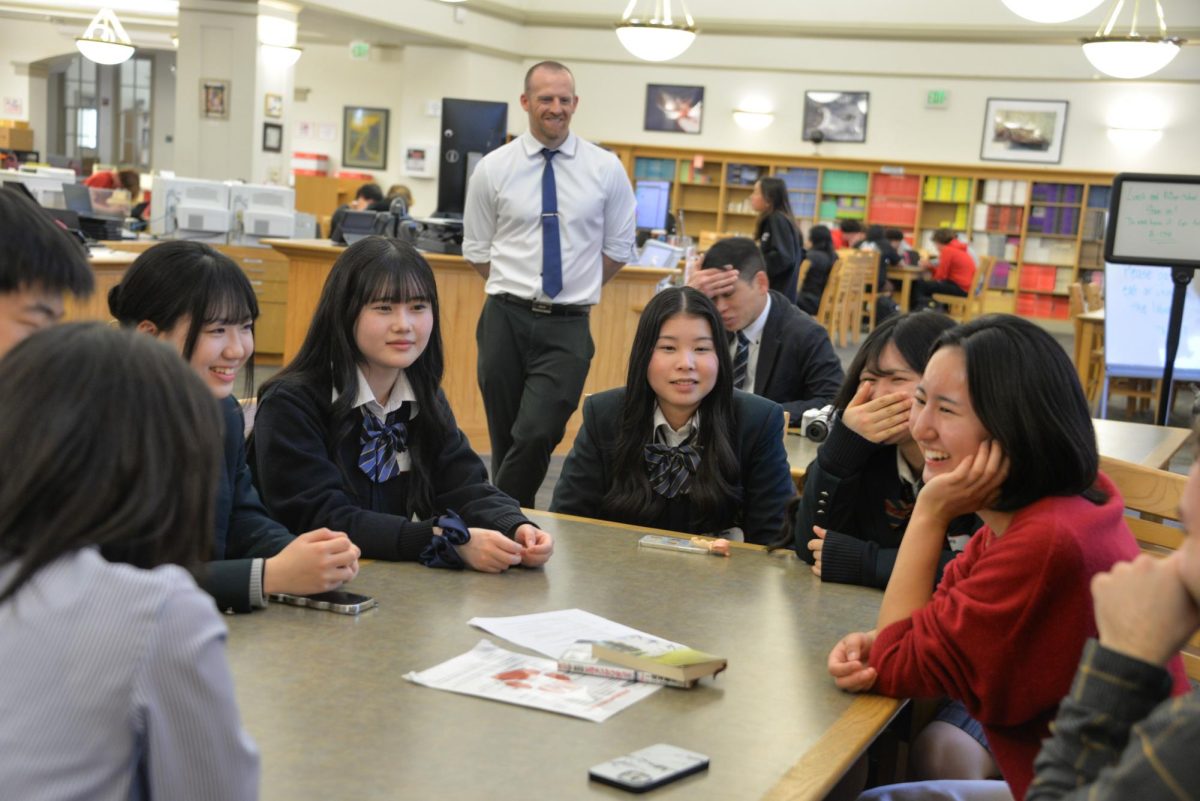

![“For me personally, I want [others] to see the music program as a strong union because we can really bring out the life of our school,” Vega said. “We need music, you know? Otherwise, things would be really silent and dead.”](https://theburlingameb.org/wp-content/uploads/2024/03/unnamed-1200x801.jpeg)






